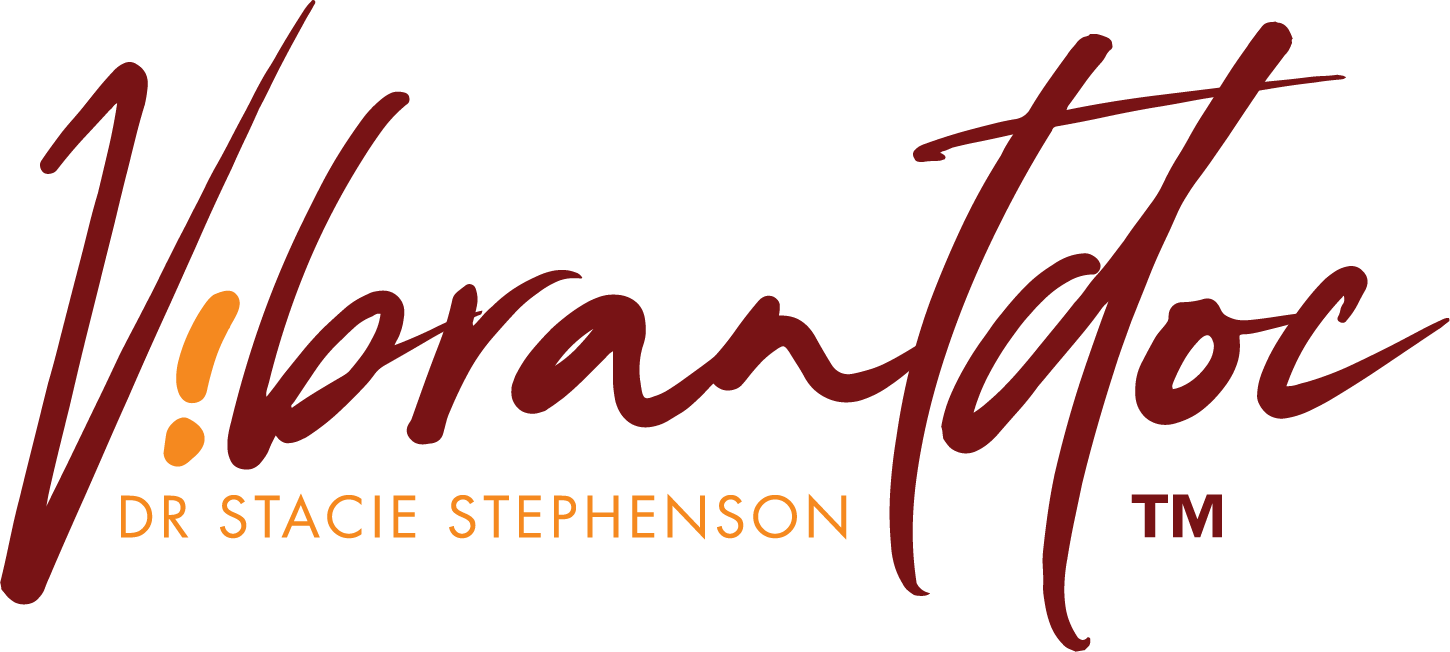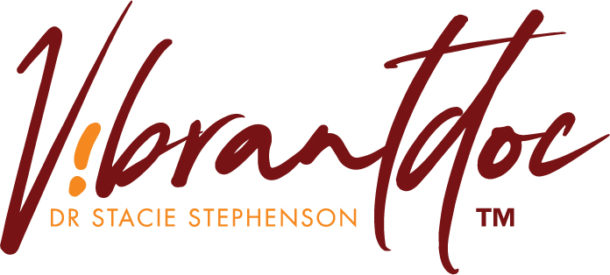Image sourced from Parade
By Kaitlin Vogel / April 7, 2021
If inflammation is an issue for you, you may have heard from a friend or nutritionist that eliminating dairy might be a good idea. But is it really necessary to ditch yogurt, butter, and (even worse) ice cream? Does dairy actually cause inflammation?
If you’re a dairy lover, you’ll be pleased to learn that the short answer is no. Dr. Sarah Rahal, MD, a pediatric neurology physician explains that it’s not dairy that’s the problem, it’s the way it’s processed. Because of the pasteurization and sterilization processing that raw dairy undergoes prior to market, many of the beneficial components are destroyed. High heat denatures helpful peptides, killing the beneficial probiotics and the enzymes that assist with healthy digestion.
Hence, the resulting product looks different to the body and can trigger allergic reactions or inflammation in the gut. However, the connection between dairy and inflammation is complex, and a perfect example of why personalization is becoming so important when it comes to lifestyle.
“Because research shows that saturated fat is generally inflammatory, people often make the assumption that full-fat dairy products are inflammatory since they contain a high level of saturated fat,” Dr. Stacie Stephenson, DC, CNS, DABAAHP, FAARM, and CEO of VibrantDoc, explains.
“However, many research studies have shown that dairy products are not inflammatory for healthy people who are not sensitive to any part of cow’s milk, and that dairy products may even be anti-inflammatory for people with diabetes,” she adds. “On the other hand, at least one study that showed dairy’s anti-inflammatory quality also showed that dairy was inflammatory for people with milk allergies.”
Is quitting dairy necessary?
Jaclyn London, MS, RD, CDN, Head of Nutrition & Wellness at WW, explains, “No single food, drink, meal, or day of eating cheese for breakfast, lunch, and dinner can make or break your state of health, nor can it ‘cause’ oxidative stress that leads to inflammation from a biochemical perspective.”
While there are a ton of mixed messages about whether dairy is good or bad for us, there’s no reason to go dairy-free unless there’s a dietary restriction.
“When it comes to dairy specifically, the rise in soy, almond, oat, pea protein milk and other plant-based dairy alternatives has made traditional dairy products something of a controversial topic,” says London. “But unless you have a dietary restriction, there’s no health-related reason to make the switch to ‘dairy-free.’ Milk provides calcium, vitamins A & D, and potassium, all of which are important for immunity, overall health, and building strong bones.”
Plus, the calcium in dairy products has been shown to reduce the risk of cardiovascular disease by decreasing lipid absorption which lowers cholesterol, London adds. That said, if you’re lactose intolerant, vegan, or have other dietary restrictions and have to go dairy-free, when shopping for alternatives look for options with limited saturated fat, London recommends trying to stay under 140 mg per cup. Most are OK but pay special attention to ones with coconut or added protein that may contain other ingredients, like coconut oil.
And if you’re still wondering about ice cream, keep this in mind: While dairy probably won’t cause inflammation unless you’re allergic to it, the sugar might!
Dairy can actually be anti-inflammatory
Unsweetened (plain) Greek yogurt and skyr are high-protein and often contain live and active cultures which may provide probiotic benefits, London explains. Probiotics are “friendly” bacteria that help to boost immunity and regulate gut function.
“I often recommend choosing ones that have five strains or more of bacterial cultures per 5.3-ounce container per serving,” says London. “Keep in mind that there are lot of food products on the market with added probiotic strains, which are a mixed bag in terms of nutritional attributes. Check labels to make sure whatever snack you’re choosing is made from real, whole-foods, and is as low in sodium, saturated fat, and added sugar as possible.”
As it turns out, many people who are unable to tolerate commercial dairy products do very well when consuming raw dairy, which is actually an anti-inflammatory.
“Probiotics that are added back into dairy products like yogurt can have a beneficial effect on the microbiome, and so, confer health benefits,” says Dr. Rahal explains.
When is an elimination diet necessary?
Dr. Rahal says an elimination diet is a good suggestion for anyone who experiences digestive discomfort or is suffering from an autoimmune condition.
London offers another perspective: Instead of choosing to eliminate entire food groups, the general tenants of an anti-inflammatory dietary pattern can serve as lifestyle intervention for managing certain disease progression and reducing risk for those conditions in the first place.
Research has shown that people with diets high in anti-inflammatory foods: Veggies, fruit, whole-grains, nuts, seeds, oils, legumes, and lean animal protein (like low-fat dairy and fish) are at significantly lower risk of developing chronic disease, and are also more likely to maintain healthy weight status.
What we’d consider a more “pro-inflammatory” dietary pattern are ones that provide greater amounts of added sugars, saturated fats, and sodium, which are most commonly consumed in the U.S. in the form of highly processed, packaged foods, and sugary drinks.
And if you’re trying an elimination or restriction-based eating plan for weight-loss, remember, restriction for life is honestly antithetical to actually living. You can’t live the life you want by restricting yourself to lose weight, so it’s no surprise when those attempts backfire because your real life gets in the way!
Attempting to restrict or eliminate entire foods or food groups can result in temporary, short-lived weight-loss. But it’s that cycle of losing-and-gaining weight that keeps us beholden to any trend or fad, and makes it seem as though in order to lose weight or become healthier, you have to change your entire life—and that’s not possible for most people.


